If humanity vanished, the balance of power in the animal kingdom would shift dramatically. Without cities, farms, and technology dominating the landscape, other species would step in to claim dominance. While some animals are natural leaders due to their intelligence, adaptability, or sheer physical power, others would thrive by seizing opportunities humans left behind. Let’s explore 15 animals that could take over and reshape the world if humans were no longer in the picture.
1. Dolphins
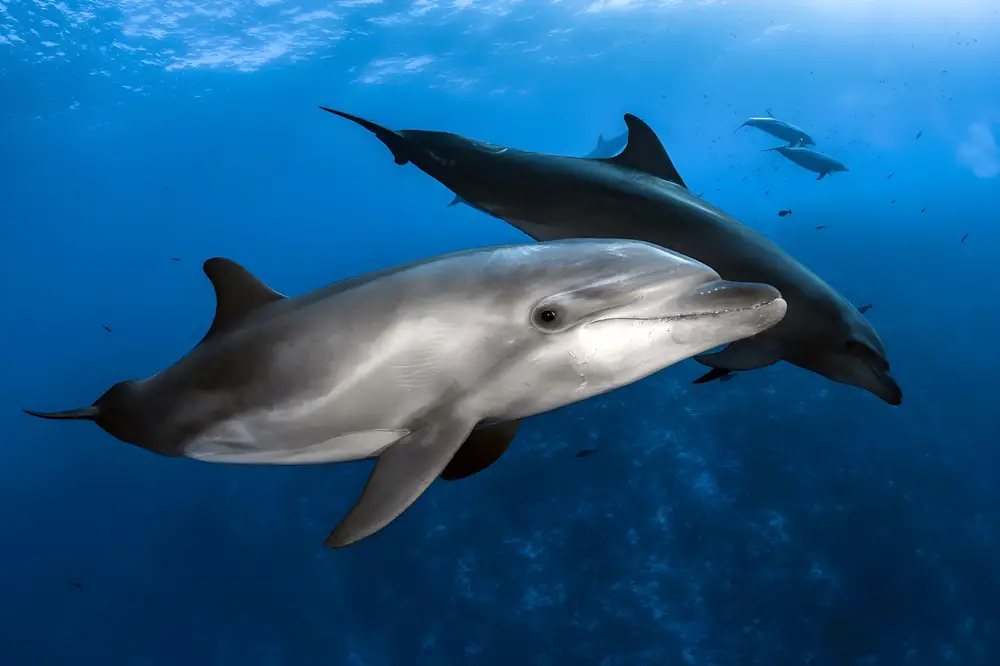
Dolphins, with their exceptional intelligence and complex social structures, could thrive in a post-human world. They are already adept at communication, problem-solving, and cooperative hunting, which makes them natural leaders of the oceans. Without humans polluting the seas, their populations would flourish, potentially developing even more intricate behaviors. Their ability to adapt and their high intelligence could make them key players in a world ruled by animals.
2. Elephants
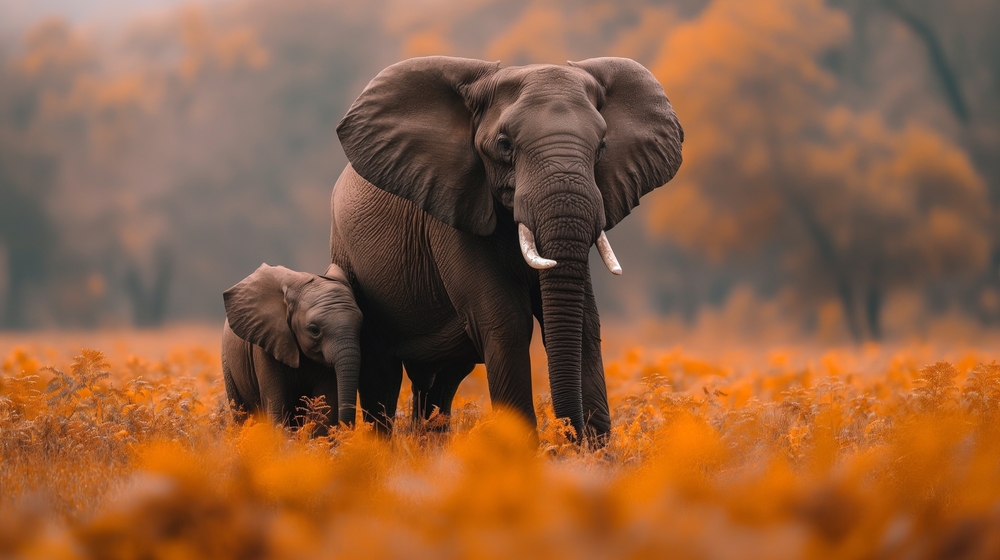
Elephants, with their incredible memory and emotional intelligence, would likely become rulers of the savannahs. They already demonstrate advanced problem-solving abilities and form tight-knit communities. Without human interference through poaching and habitat destruction, elephant populations would grow, giving them the freedom to reclaim vast territories. Their physical strength combined with their brains could make them a dominant force in their ecosystems.
3. Wolves
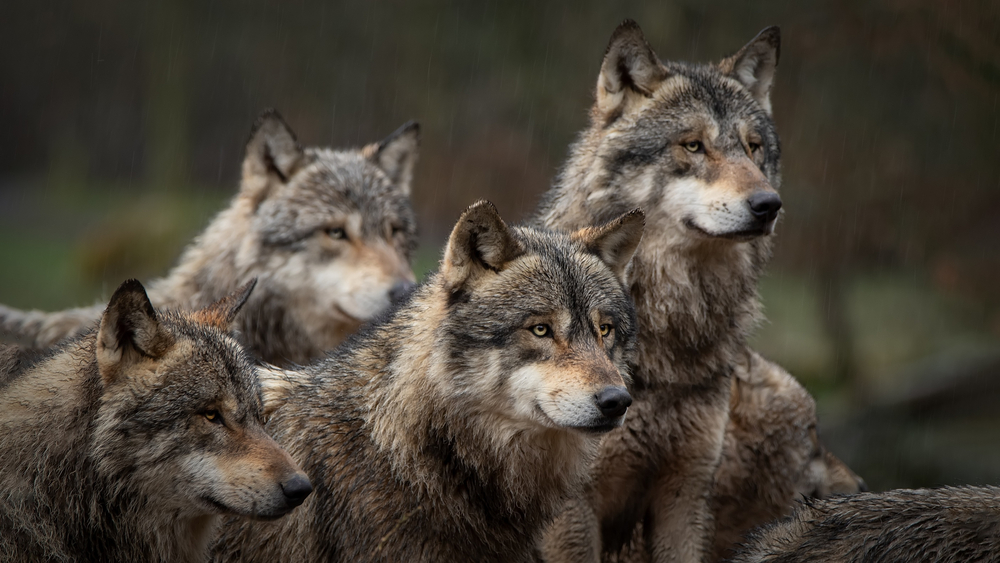
Wolves are natural leaders in the wild, known for their strong pack dynamics and strategic hunting techniques. Without humans altering the landscape, they would expand into territories that were once urban or agricultural. Wolves’ ability to adapt to different climates and their powerful teamwork make them capable of thriving in various environments. Their dominance in the food chain could see them becoming rulers of vast land areas.
4. Octopuses
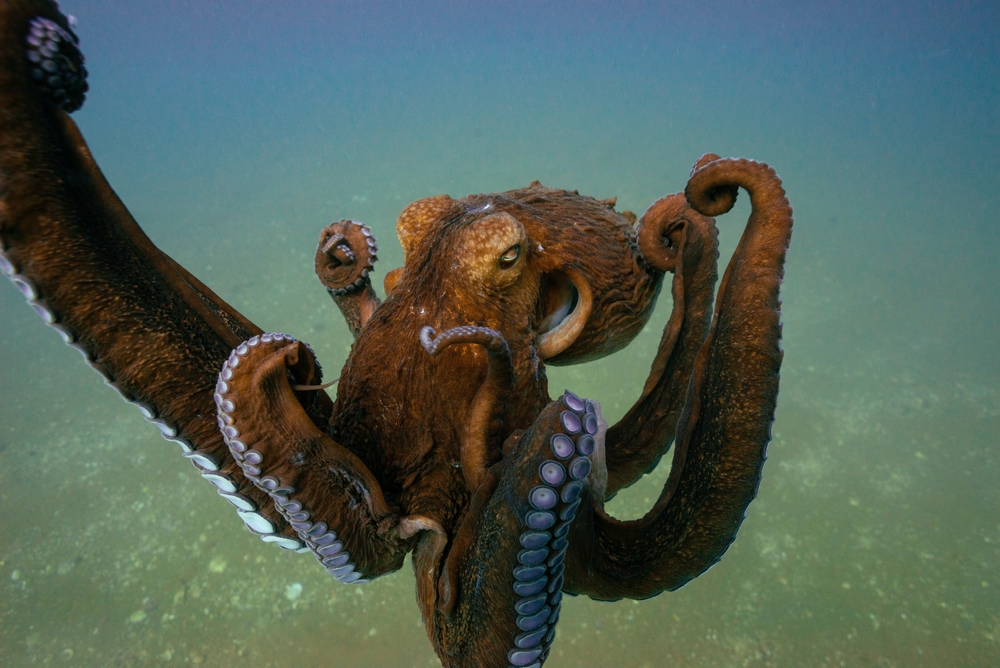
Octopuses are the masterminds of the underwater world, capable of problem-solving, camouflage, and even tool use. With humans gone, they could dominate coastal ecosystems, using their intelligence to outwit predators and secure resources. Their ability to adapt quickly and manipulate their surroundings suggests they could evolve into even more complex creatures, perhaps even developing a greater influence over marine life.
5. Rats
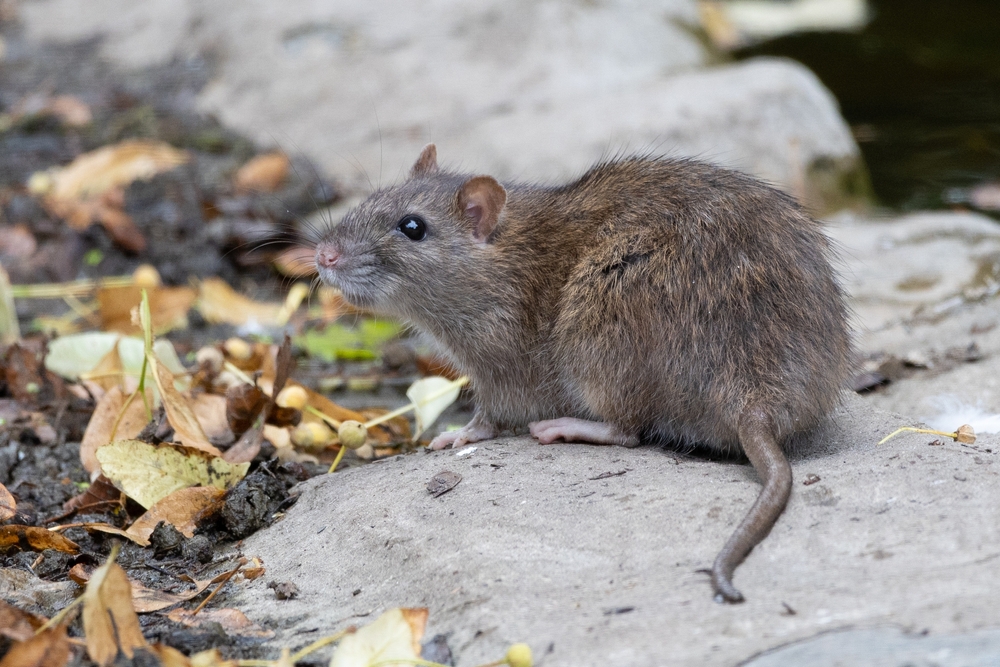
Rats are survivors. They’ve thrived alongside humans for centuries, and without us, they would continue to adapt and expand. Their ability to reproduce quickly, find food in nearly any environment, and avoid predators would make them natural rulers of urban ruins. Rats’ intelligence and resourcefulness could lead to them organizing more complex social structures in a human-free world.
6. Crows
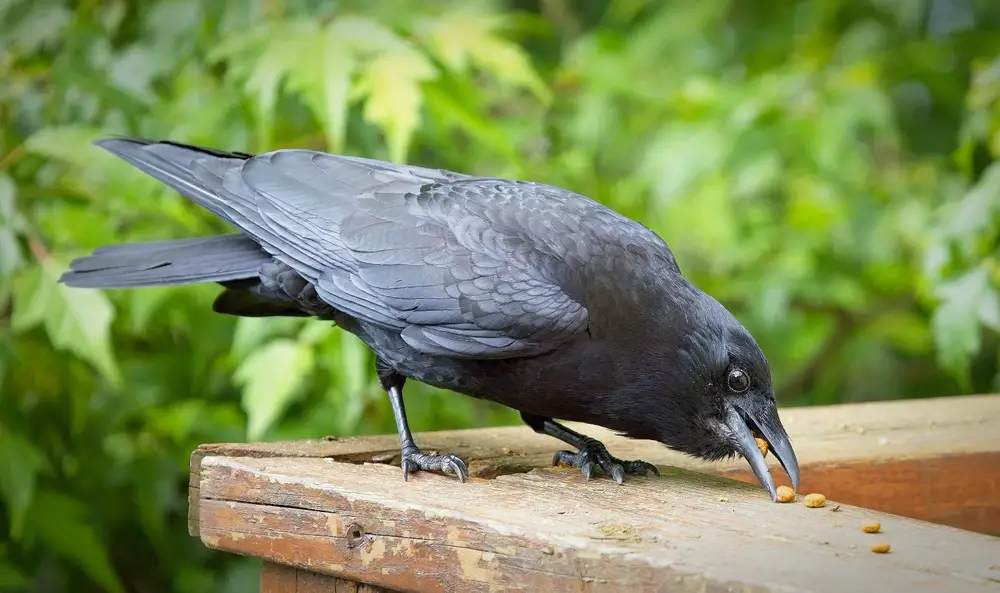
Crows, members of the corvid family, are among the smartest animals on Earth. They can solve puzzles, use tools, and even recognize human faces. With humans gone, their problem-solving abilities and adaptability would allow them to flourish in nearly any environment. Their intelligence and knack for cooperation could see them rising as dominant birds, taking full advantage of human-built structures.
7. Lions
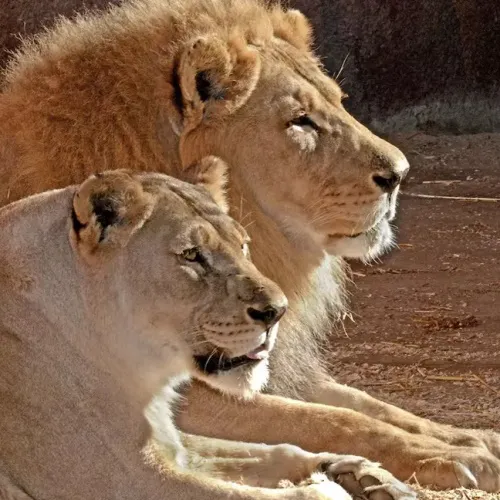
Lions, the kings of the savannah, would reclaim their role as apex predators without human interference. Poaching and habitat loss have kept their populations in check, but a human-free world would give them the space to expand. Lions’ strength, coordination in hunting, and territorial instincts make them natural leaders of their ecosystems, restoring balance to the wild landscapes.
8. Ants
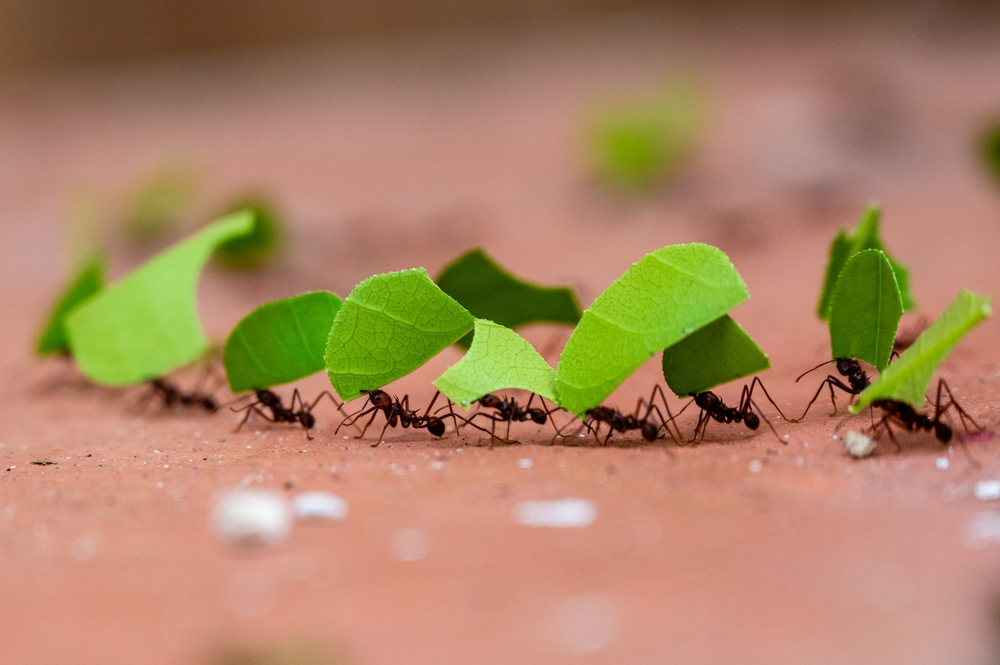
Ants might not seem like rulers, but their numbers and organization make them a formidable force. They already dominate ecosystems with their colonies, which operate like highly efficient societies. Without humans disrupting their habitats, ants could expand their influence, possibly evolving into even more complex systems. Their ability to cooperate and adapt makes them silent contenders for world domination.
9. Bears
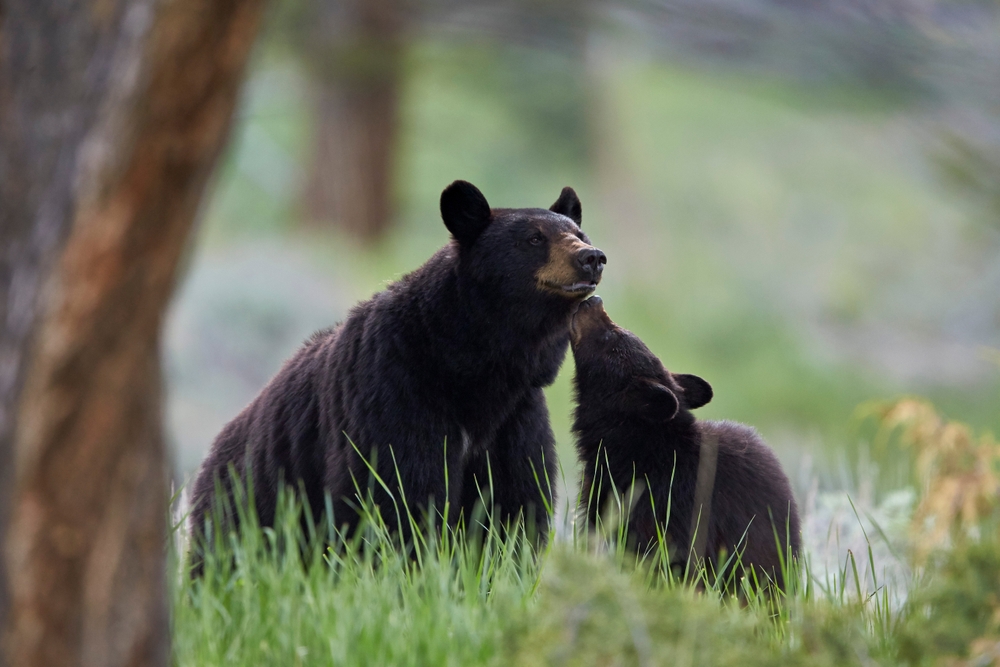
Bears are powerful, solitary creatures that would thrive in a world without humans. They can adapt to different environments, from forests to tundras, and their omnivorous diet gives them an edge in securing food. With human activities like hunting and deforestation eliminated, bears would reclaim their territories, becoming apex predators and rulers of the wilderness.
10. Orcas

Orcas, or killer whales, are at the top of the marine food chain and possess remarkable intelligence. They exhibit advanced hunting techniques, emotional connections, and even cultural behaviors passed down through generations. Without human interference in the oceans, orca populations would grow, solidifying their dominance in marine ecosystems and possibly expanding their reach to new territories.
11. Hawks
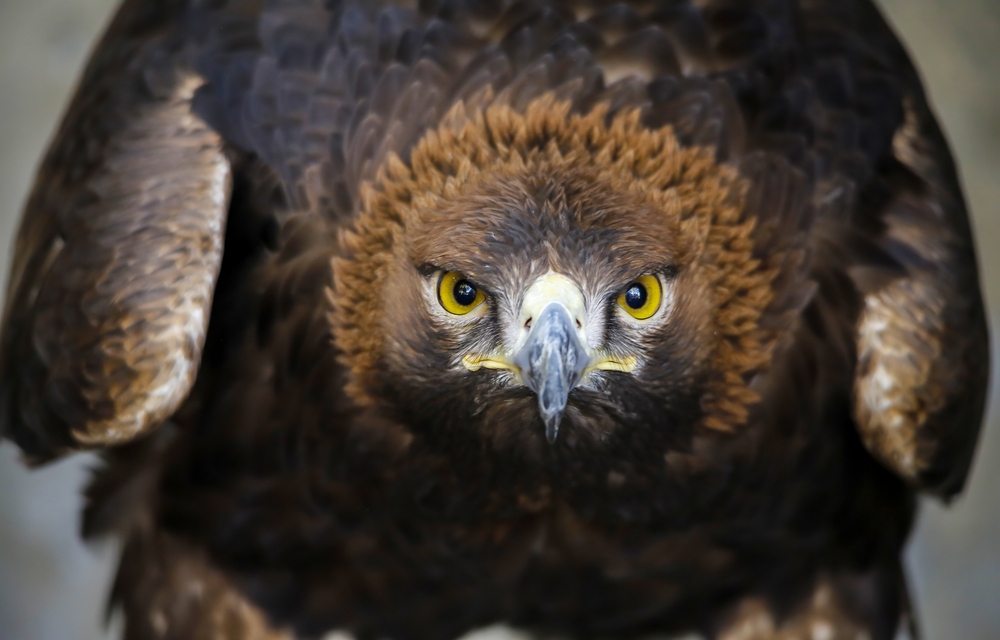
Hawks, with their sharp vision and incredible hunting skills, would rule the skies. Their ability to adapt to various climates and environments would make them dominant predators in a human-free world. With less competition and more open habitats, hawks could expand their territories and establish themselves as rulers of the aerial realm, overseeing vast stretches of land.
12. Tigers
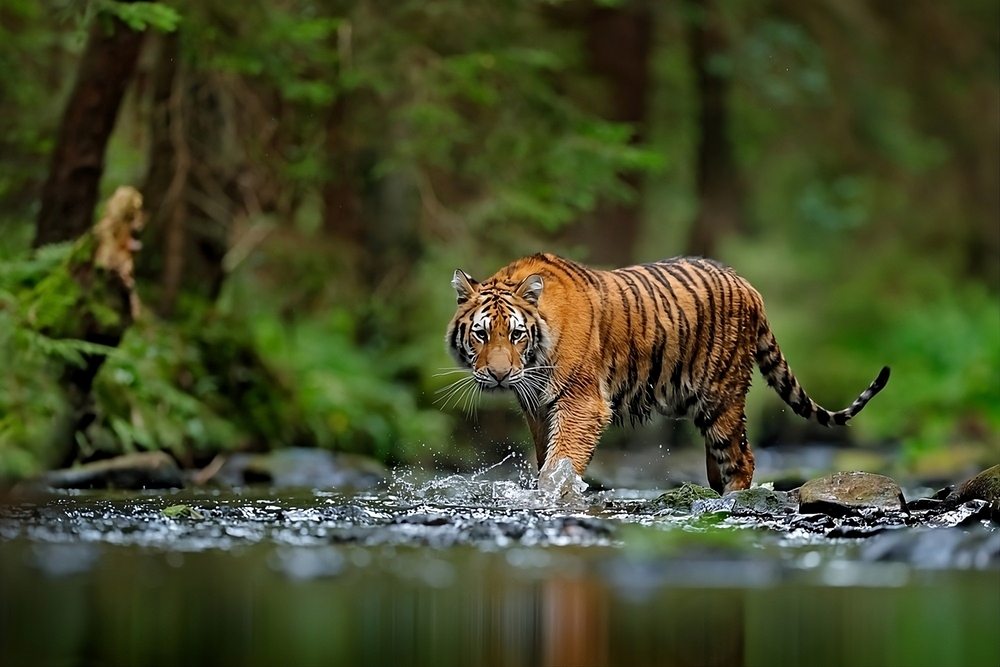
Tigers are solitary, stealthy hunters who already dominate their territories when left undisturbed. Without humans encroaching on their habitats or hunting them for sport, tigers would reclaim vast areas of forests and grasslands. Their power, agility, and apex predator status make them natural rulers of their ecosystems, bringing balance back to their environments.
13. Honeybees
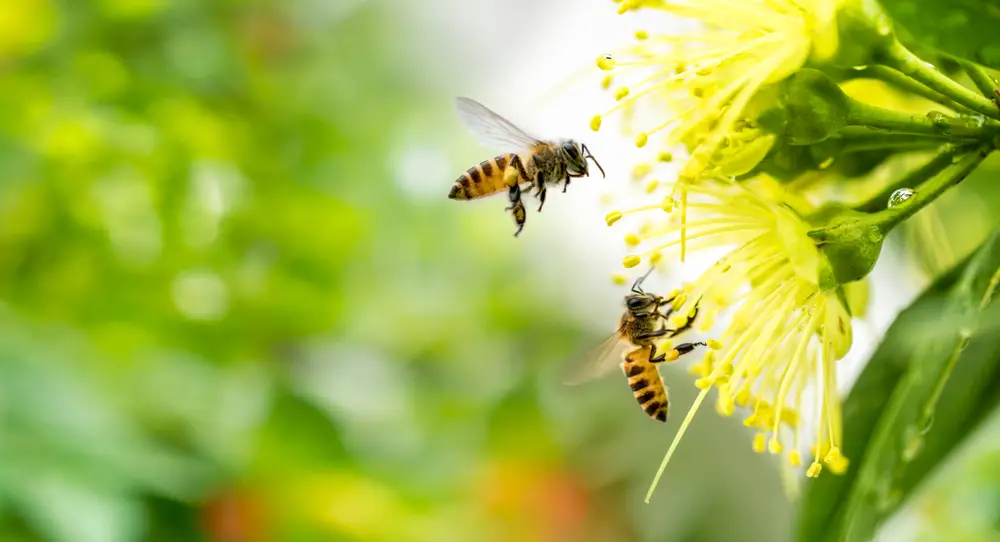
Honeybees might seem like an unusual choice, but their role in pollination makes them crucial to the survival of countless plant species. In a world without humans, honeybees could expand their reach, creating thriving ecosystems. Their ability to work as a unit and maintain balance in nature through pollination would position them as vital rulers of the plant kingdom.
14. Chimpanzees
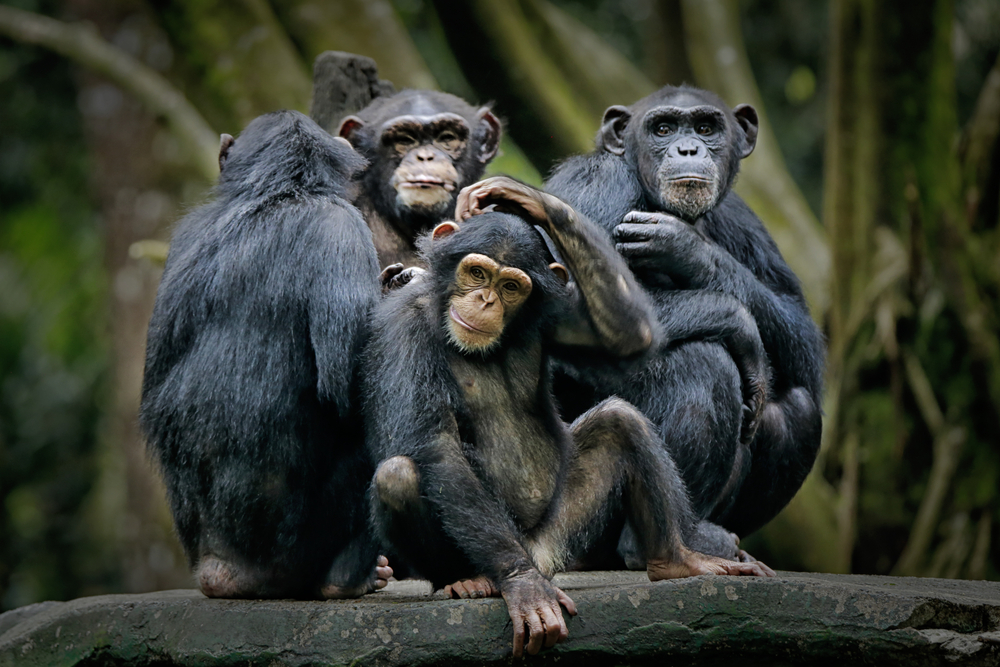 Chimpanzees, our closest relatives, could rise to dominance thanks to their intelligence and social structures. With no humans to overshadow them, they might even evolve more advanced behaviors over time. Their ability to use tools, solve problems, and form communities suggests they could become leaders of their environments, shaping a new chapter in the animal kingdom.
Chimpanzees, our closest relatives, could rise to dominance thanks to their intelligence and social structures. With no humans to overshadow them, they might even evolve more advanced behaviors over time. Their ability to use tools, solve problems, and form communities suggests they could become leaders of their environments, shaping a new chapter in the animal kingdom.
15. Alligators
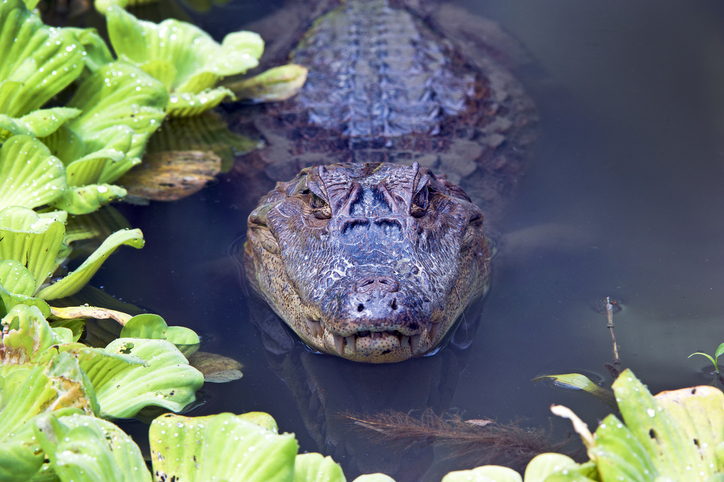
Alligators, with their ancient lineage and adaptability, could rule wetlands and waterways. Their resilience and ability to thrive in both freshwater and brackish environments make them formidable predators. Without humans disrupting their habitats, alligators would expand their territories, asserting dominance over aquatic ecosystems and potentially adapting to new niches.
